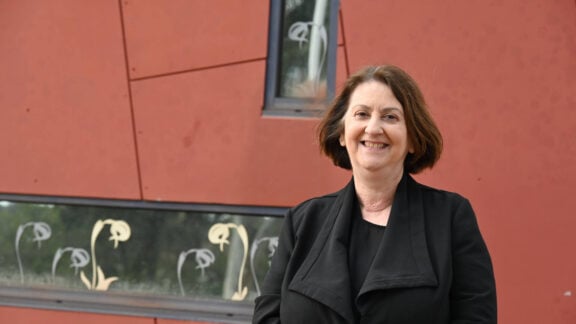The outcome of the half senate election in Western Australia has sparked a political debate as to what the result really means for the parties that contested the election.
Most of the analysts state the obvious. They stress how bad the result was for Labor and they point to the outright need that exists for the party to change its relationship with the union movement (not the factions) and its pre-selection procedures, in order to make the ALP more representative of the wider community, and in order to attract better candidates.
The discussion also takes into consideration the ability of Clive Palmer to “buy his way” into the Senate and Australian politics, and the substantial increase of the Greens vote.
The national daily The Australian, in an editorial after the Western Australia senate result put forward a number of proposals in order to make it harder for fringe candidates and parties to get elected by “exploiting” the existing rules of the electoral process. For example, The Australian referred to experts who have pointed out that the threshold membership for party status needs to increase, with no cross-party ties allowed. The nomination fees to contest a ballot must increase to at least $5000 and before any candidate is elected, they must secure at least 4 per cent of the vote, which is a requirement for electoral funding by the state, proposed the newspaper. Optional preferential voting “above the line” should also be explored, concluded The Australian, while calling upon both major parties to work together to pass these changes through parliament.
Furthermore, the News Corp flag carrier attacked the Australian Electoral Commission for its failures in WA, and amongst others stated that the role of compulsory voting and proportional representation warrant consideration!
All these points are important “minor” solutions that might partially resolve the dead ends of Australian democracy, however, these are solutions that in my opinion do not address the heart of the problem.
The question that needs to be asked after the election outcome in Western Australia, is whether or not the result is indicative perhaps of a greater “malaise” that now exists in the democratic process of this land.
Is the “fragmented” vote in WA a reflection of the greater fragmentation and complexity that now exists in wider society? Is the low primary vote for the ALP, or for all major parties in the Senate, an indication of the beginning of the end of electorally “big” sized main parties of the centre left and/or of the centre right? Is the ability of Clive Palmer to buy his way into parliament, or the good election outcome for the Greens as a result of their successful online and grassroots face to face campaign, an indication that mass-based representative democracy and mass-based representative parties might become problematic in the near future? Is the success of Clive Palmer nationally, or of Darryn Lyons in Geelong locally, an indication that a great demarcation line, a great and dangerous divide, in some respects, appears on the horizon? A divide that might shake to its foundations the real or imagined connection that usually exists between the ruling elites of the country (not only the politicians) and wider sections of society?
How can we protect the democratic, the political, the institutional processes of Australia, when 1.2 million “citizens” did not enrol to vote in the September 2013 federal election, when almost 1 million registered voters did not bother to vote and when eight hundred thousand Australians cast an informal vote?
How optimistic can we be about the future of our democracy when according to the most recent Lowy Institute report 26 per cent of Australians think that in some circumstances a non-democratic government can be preferable, and 13 per cent of the respondents state “for someone like me, it doesn’t matter what government we have”. Or even worse, when only 48 per cent of young Australians (18-29 year olds) say that they prefer democracy over any other kind of government?
It is not only the Labor party or the Coalition government that have to re-examine their position from now on, as a result of the half senate election in Western Australia. The entire ruling elite of Australia has to re-examine in depth what is going on, socially, politically and ideologically across the country.
If these trends appear in the years of affluence, then, we can only imagine what might happen in the future if a recession or a crisis hits the land.








